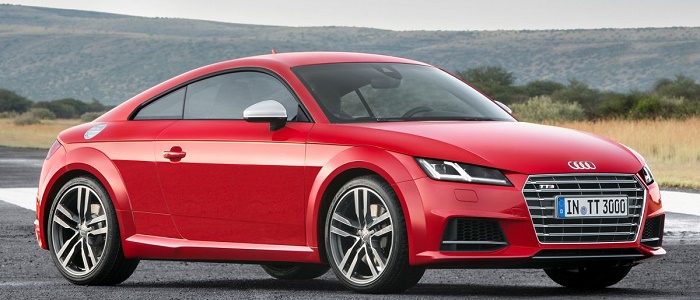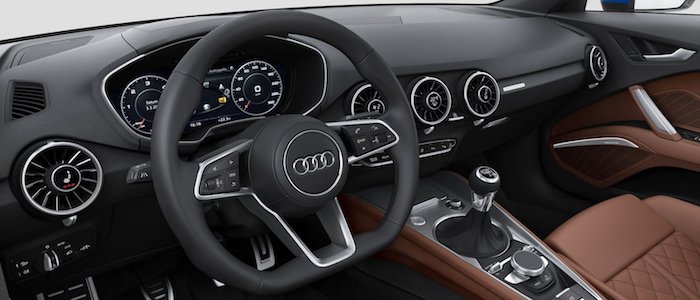Compare two cars
Compare any two cars and get our Virtual Adviser™ opinion
Dimensons & Outlines
Engine
Performance (manual gearbox)
Performance (automatic gearbox)
Expenses
Virtual Adviser's™ opinion
Two significantly similar cars, no doubt about that. Still, each one has something different to offer. Having both cars powered by petrol engines and utilizing the 2-door coupe body style within the same 'Sports car' segment, the only major difference here really is their wheel drive configuration (rear for the BMW and front in the case of the Audi). The first one has a BMW-engineered powertrain under the hood, a 4-cylinder, 16-valves 252hp unit, while the other one gets its power and torque from a 4-cylinder, 16-valves 230hp engine designed by Volkswagen.
SafetyThe fact that the Audi got tested by the European New Car Assessment Programme (Euro NCAP), while the other contender didn't, offers a slight advantage, as the 4-star rating is better than none. Moving further on, let's take a closer look at some additional safety-related facts. Both vehicles belong to the sports car segment, which is generally classifying them somewhere in the middle safety-wise, but that fact doesn't break the tie between the two cars. Furthermore, taking kerb weight as an important factor into account, 2 Series Coupe offers a considerable difference of 22% more metal.
ReliabilityI don't like generalizing things when it comes to reliability, although it does seem that both brands display similar results in faults and breakdowns, at least on all of the models level. That's the official data, while our visitors describe reliability of BMW with an average rating of 4.1, and models under the Audi badge with 4.2 out of 5. Some independent research have also placed 2 Series Coupe as average reliability-wise, and TT is more or less at the same level.We should definitely mention that owners of cars with the same powertrain as 2 Series Coupe rank it on average as 4.7, while the one under the competitor's bonnet gets 5.0 out of 5.
Performance & Fuel economyBMW is a bit more agile, reaching 100km/h in 0.2 seconds less than its competitor. Still, it lacks the power to win the top speed competition, topping at 250 kilometers per hour, exactly the same as the other car does. When it comes to fuel economy things look pretty much the same for both cars, averaging around 6.2 liters of fuel per 100 kilometers (46 mpg), in combined cycle.
Verdict
Audi appears just a bit more reliable, although the difference is truly marginal. The most important thing when deciding between any two vehicles should always be safety, both passive and active. In my opinion, everything taken into account, Audi TT offers significantly better overall protection, taking the lead here. From there things take a different direction, with BMW offering somewhat better performance, just enough to call it quicker. It does come at a cost though, and that's the fuel consumption... I believe that, when we take all into account, we have only one winner here - the Audi. Nevertheless, let's not forget that people have different preferences and needs, so what really counts is your personal feel. I'm only here to help. I suggest you spend two more minutes in order to find out which car, based on your needs and budget, would be picked by the virtual adviser™, among thousands of similar, yet so different vehicles.

































